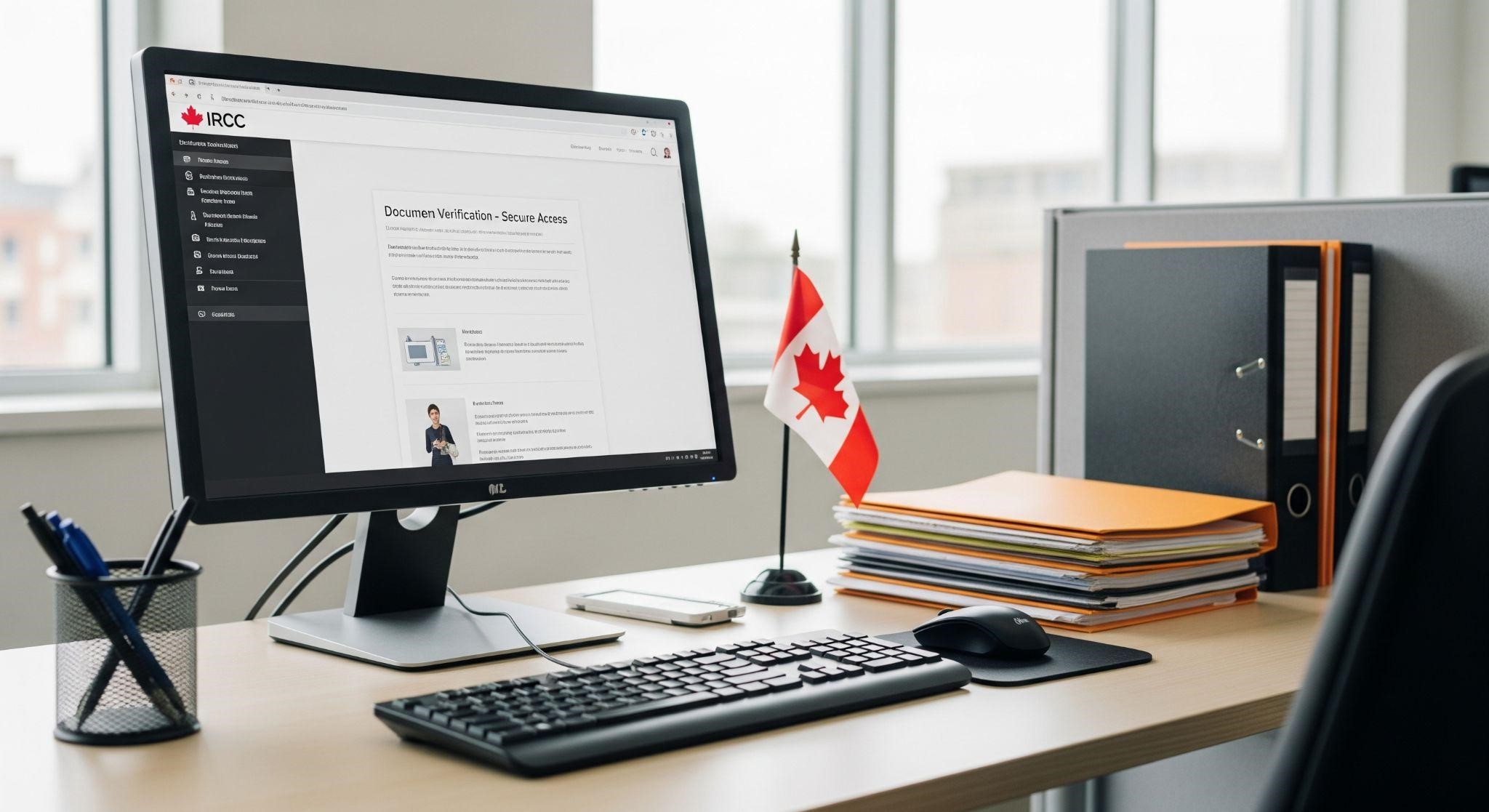Canada has put in place stringent new regulations regarding the cancellation of immigration documents such as visas, work permits, study permits, and eTAs. The new regulations are aimed at providing a “cleaner, quicker, and safer process”.
The new changes announced by Immigration, Refugees and Citizenship Canada (IRCC) are the most stringent yet for immigration officers in exercising their discretion to cancel these documents if the documents were issued in error or misused through fraudulent means. In addition to the new regulations, IRCC intends to add other measures over the next two years.
Let’s break it down.
What’s New: A Quick Overview
The new 2025 regulations (SOR/2025-11) provide immigration officers with clear grounds for cancelling the following documents:
- Temporary Resident Visas (TRVs)
- Electronic Travel Authorizations (eTAs)
- Work Permits
- Study Permits
Immigration officers can cancel these documents if the holder is inadmissible, ineligible, or the document was issued in error. They can also act if they have a serious concern that the person will not leave Canada on expiry of their stay.
Automatic cancellation grounds will apply if:
- The holder becomes a permanent resident
- The passport associated with the visa or permit has been lost, stolen or destroyed
- If the holder has deceased
The Details: What Officers Can Now Do
eTA Cancellations (Sections 12.06 – 12.08)
- Cancelled if the holder is inadmissible or unlikely to leave Canada
- Also cancelled for administrative errors or if other permits are refused
TRV Cancellations (Sections 180.1 – 180.2)
- Cancelled if the person is no longer eligible or provided false info
- Officers can act if the person was refused another permit
Work & Study Permits
- Can be cancelled only if issued in error
- Automatically cancelled if the person becomes a permanent resident or passes away
Why This Matters
These new powers are part of Canada’s plan to build a modern, secure, and efficient immigration system. Here’s why they matter:
- Better Border Security: Stops people from entering Canada with false info or risky backgrounds
- Protects Genuine Applicants: Prevents misuse of the system and keeps it fair
- Saves Time and Money: Could save over 14,300 staff hours per year, based on 2018 data
- Matches Global Standards: Aligns Canada with countries like Australia and the UK
What’s Coming Next: 2025–2027 Updates
IRCC isn’t stopping here.
A Forward Regulatory Plan outlines more changes between 2025 and 2027, allowing officers to cancel, vary, or suspend applications and documents in more situations.
Exact details are still coming, but the aim is to:
- Close legal gaps
- Strengthen screening
- Ensure only eligible people stay in the process
Public consultation will open soon through the Canada Gazette, and final rules are expected by 2026 or 2027.

Who Is Affected?
These rules apply to temporary residents, including:
- Visitors
- International Students
- Foreign Workers
If you’re in Canada temporarily, you likely hold a TRV or eTA, and may also need a work or study permit.
What You Should Do
Avoid cancellations by following these steps:
- Always be honest in your applications
- Always inform the IRCC of any changes to your contact information or status
- Keep your documents secure
- Always renew on time – do not wait until your status is about to expire
- Take part in consultations to share your opinion
- Seek professional assistance if you are unsure
Final Word
The new cancellation rules from the Canadian government are a sensible, necessary, and overdue reform aimed at protecting Canada and its immigration programs.
They send a clear message: Come to Canada the right way- or not at all.
If you are a genuine visitor, student, or worker, you have nothing to worry about. If you are trying to deceive the Canadian system, the rules are clearly spelled out, and now they are way more restrictive.
Keep yourself informed, keep yourself compliant, and do your part to build a strong, safe, and welcoming Canada.


